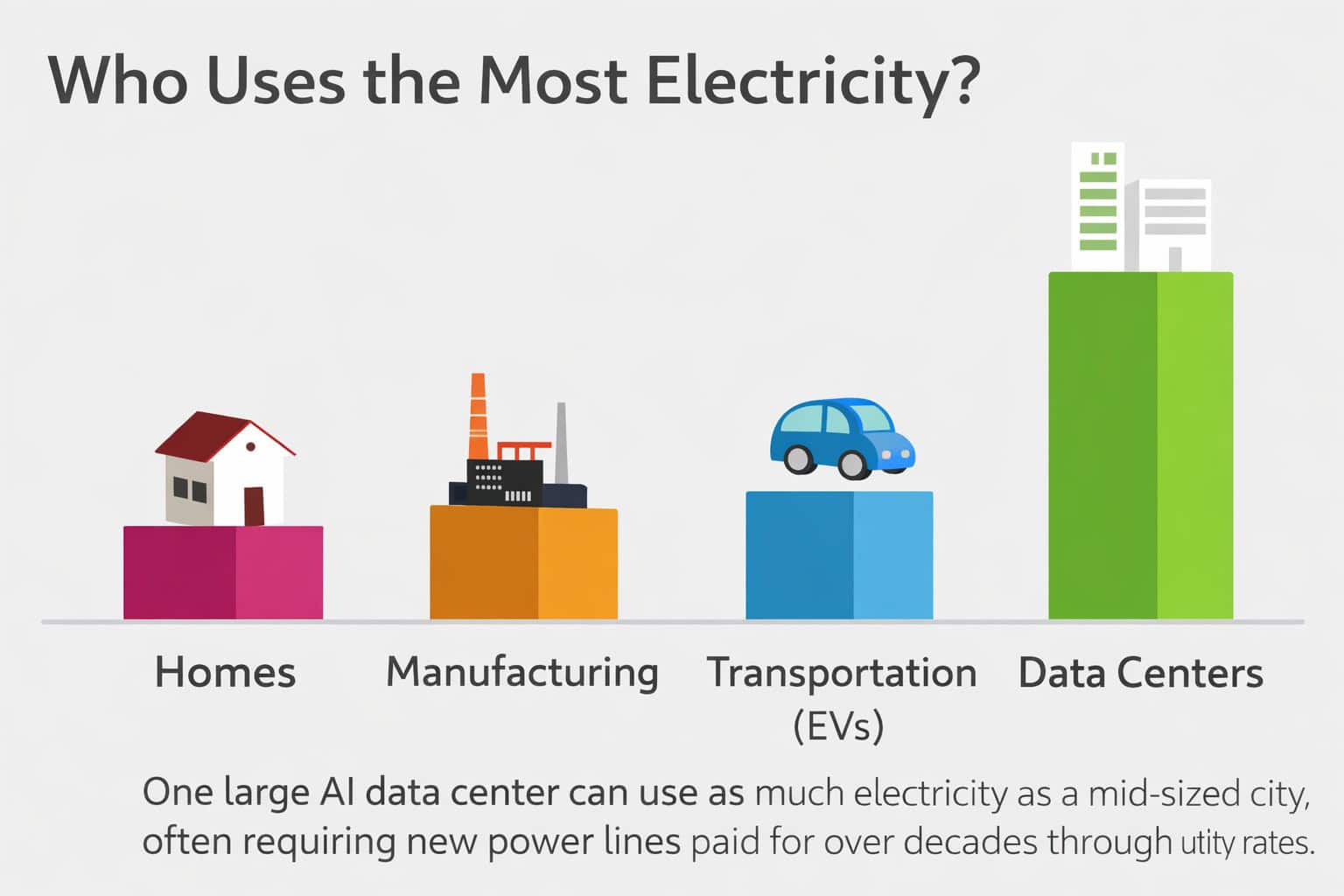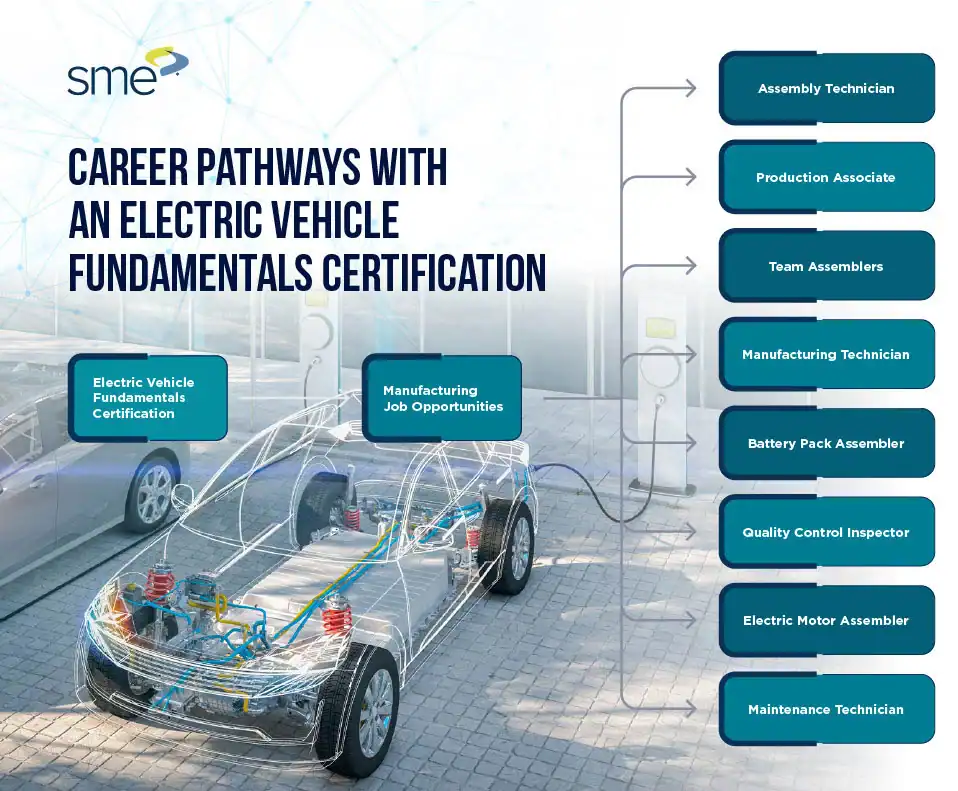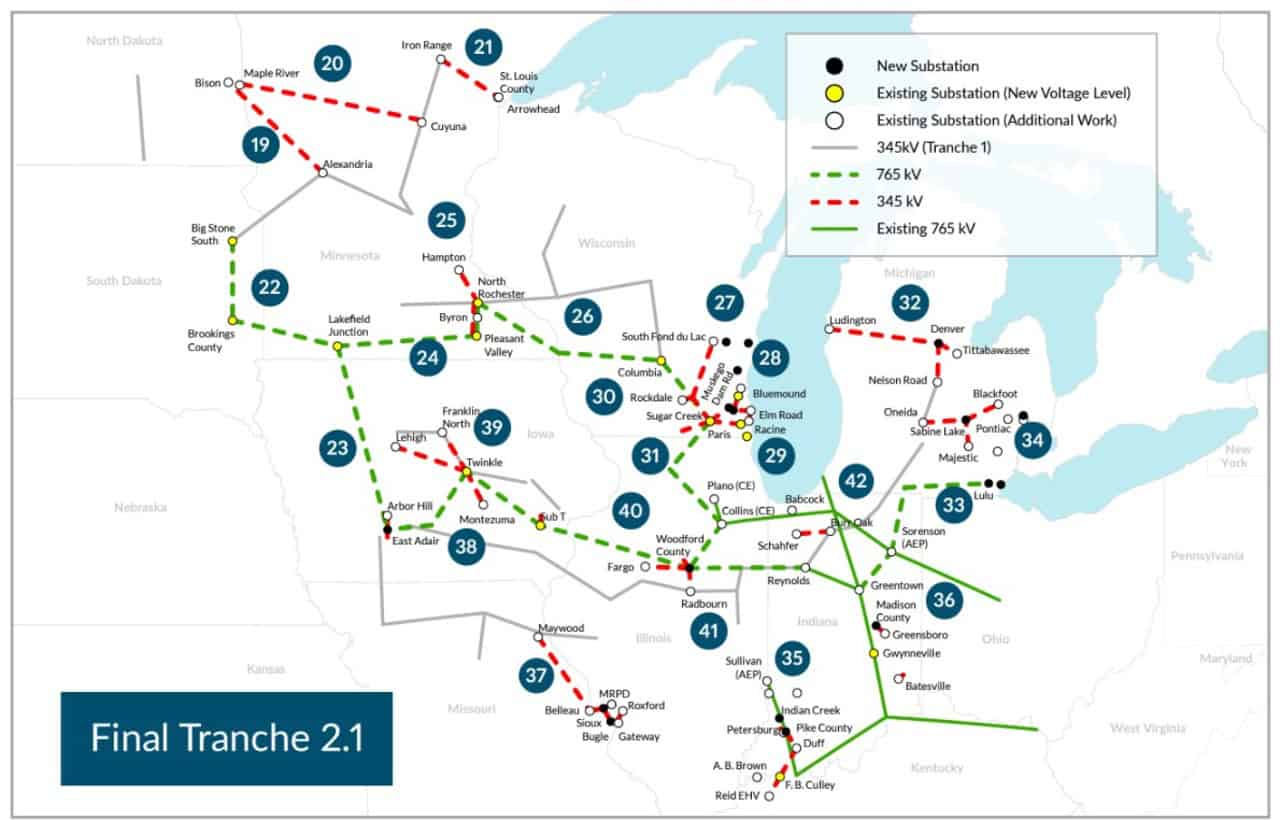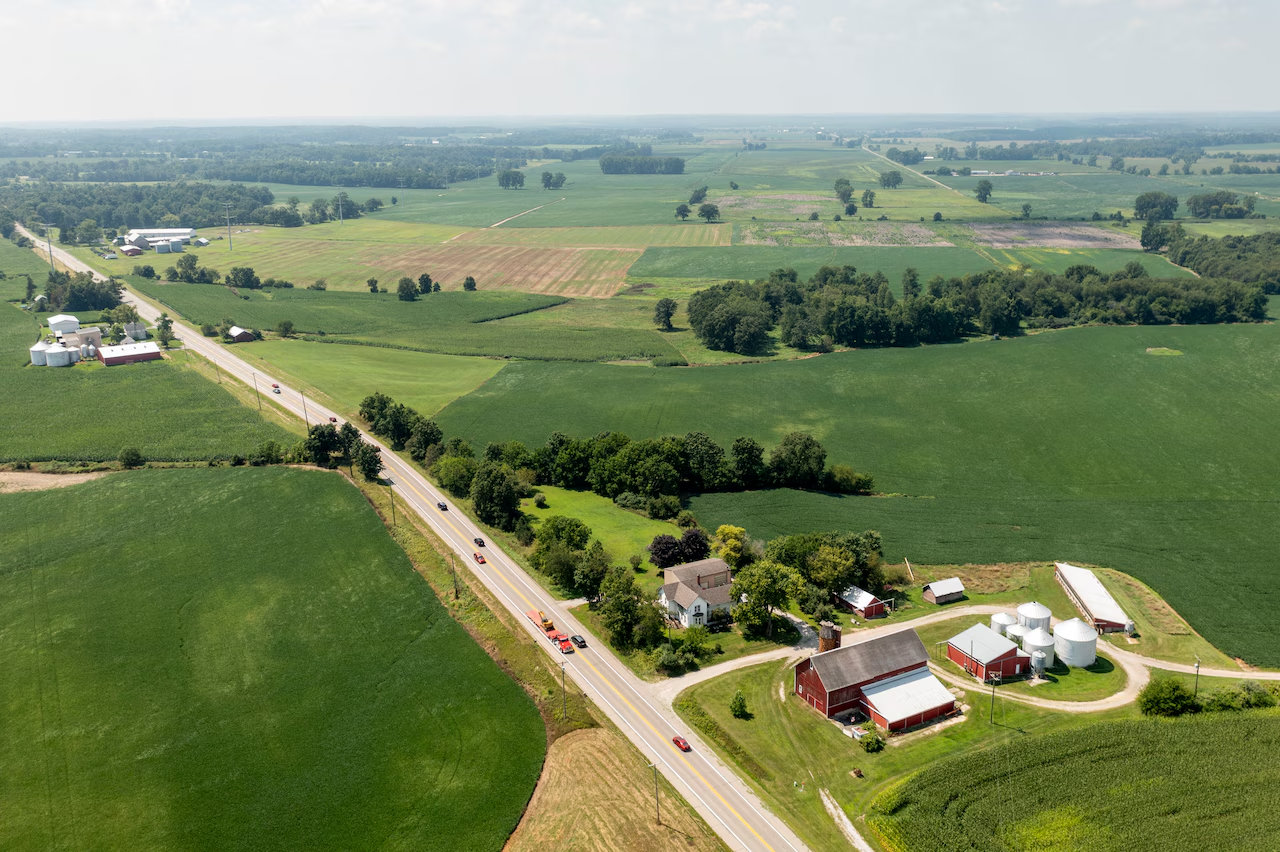SOUTHFIELD—Imagine a white cane for a blind person that detects objects in the user’s path, alerting them with a buzzer, and which lights up when it’s dark to make the blind person more visible to others.
Or how about a robotic snowplow that automatically detects the dimensions of a parking lot and avoids obstacles?
Or maybe you’d rather have a smart gardening robot that automatically turns on the sprinklers when it senses that the soil is getting dry–and that even sounds an alarm to scare off that pesky possum before she digs into your lettuce.
Those were among 17 senior capstone projects presented Friday afternoon at the end of the Fall 2024 Semester at Lawrence Technological University by students in the LTU College of Engineering’s Department of Electrical and Computer Engineering.
The projects combined sensors, software, processors and motors to accomplish their robotic tasks.
“It is always rewarding for us as educators to see our students putting what we’ve taught them in the classroom and the laboratory into practice with these designs and devices,” said Nabih Jaber, chair of the department. “The innovation and creativity on display today was really impressive.”
Added George Pappas, LTU assistant professor of electrical and computer science: “We are proud of all the hard work these students have put into their projects. Truly, theory and practice converge in their efforts. They have faced struggles, learning from one another, and celebrating each milestone achieved. This journey doesn’t end here; it’s a stepping stone to greater achievements and discoveries.”
Besides the projects described above, the others included:
- A system of sensors to help drivers quickly find open parking spots in crowded parking lots.
- An improved system for ventilated auto seating, developed in partnership with the Southfield-based automotive electronics supplier Lear Corp.
- A two-camera system to detect defective parts on the assembly line that’s less expensive than a 3D system.
- Low-cost wearable technology to detect patient falls in healthcare settings.
- A wheel sweeping system to divert debris away from casters in factory and laboratory settings.
- A hydroponic factory farming management system that uses sensors to regulate water and light conditions.
- A dynamic traffic light operating system that uses sensors of traffic density rather than time to control the duration of red and green lights.
- An advanced touch-screen-based restaurant ordering system.
- A greenhouse monitoring and management system using sensors to analyze light, temperature, humidity, and soil moisture for optimal growing conditions.
- A mobile storage unit that follows its owner around using cell phone tracking.
- A prepayment system for electricity usage from utilities.
- A security door system that locks and unlocks based on facial recognition technology.
- A portable, battery-operated scoreboard system printed on a vinyl substrate that can be rolled up like a tarp for transport.






